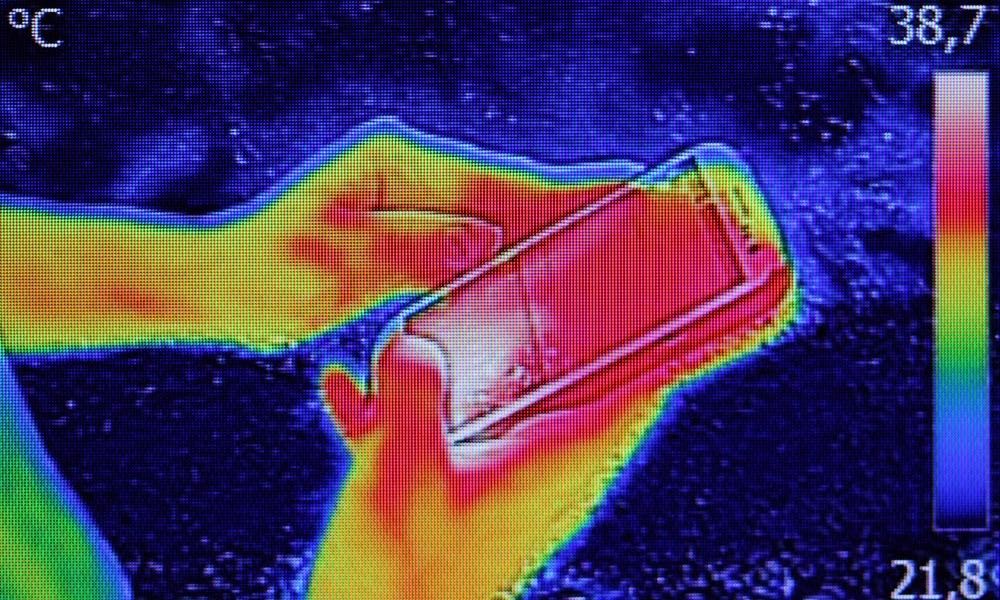Are 5G Networks Safe? Here’s Why You Shouldn’t Be Worried
 Credit: Ivan Smuk / Shutterstock
Credit: Ivan Smuk / Shutterstock
Toggle Dark Mode
We all know about the benefits of 5G wireless networks. But it’s likely that most of us haven’t stopped to consider the potential health effects of the next-generation cellular technology.
The rollout of 5G networks across the globe will be a slow one. Yes, despite the hype, it’ll probably be a few years before 5G becomes practical or even usable for most of the world’s population. That’s due to a variety of reasons, but there may also be another barrier to 5G: concerns about radiation.
5G Health Concerns
In Brussels, for example, government officials halted a pilot program to roll out 5G networks in the city due to health concerns, according to The Brussels Times. While that makes for a flashy-sounding headline, it’s largely because local regulators aren’t able to estimate how much radiation the 5G infrastructure would emit. Not because the radiation is dangerous.
Previously, the government had inked a deal with local telecom firms to relax the strict radiation standards in the city.
But local environment minister Céline Fremault said she can’t welcome 5G technology if it doesn’t respect the radiation standards that were already in place — something that’s not clear at this point, due to the fact that they don’t know how much radiation the antennas will put off.
“The people of Brussels are not guinea pigs whose health I can sell at a profit,” Fremault said. “We cannot leave anything to doubt.”
That’s the problem, however. Doubt. At this point, there’s just not enough science to conclusively prove whether cellular radiation, or 5G radiation, is actually dangerous.
There are a lot of myths concerning cellular radiation, often perpetuated by fringe blogs and pseudoscience-y sites with the word “green” in their title.
But despite the paranoia, the amount of radio-frequency radiation that surrounds us every day is probably not doing long-term damage to us. The National Cancer Institute hasn’t tracked any significant increase in brain cancer since the proliferation of smartphones. That doesn’t prove that smartphones are safe. But if they were as dangerous as, say, cigarettes, we’d almost certainly know that by now.
To be clear, this isn’t to say we should skirt existing health regulations to push 5G out. The 5G rollout should be slow and methodical to ensure that it’s safe, practical and useful for everyone. But overblowing concerns about it isn’t going to do anything except muddle the conversation.






